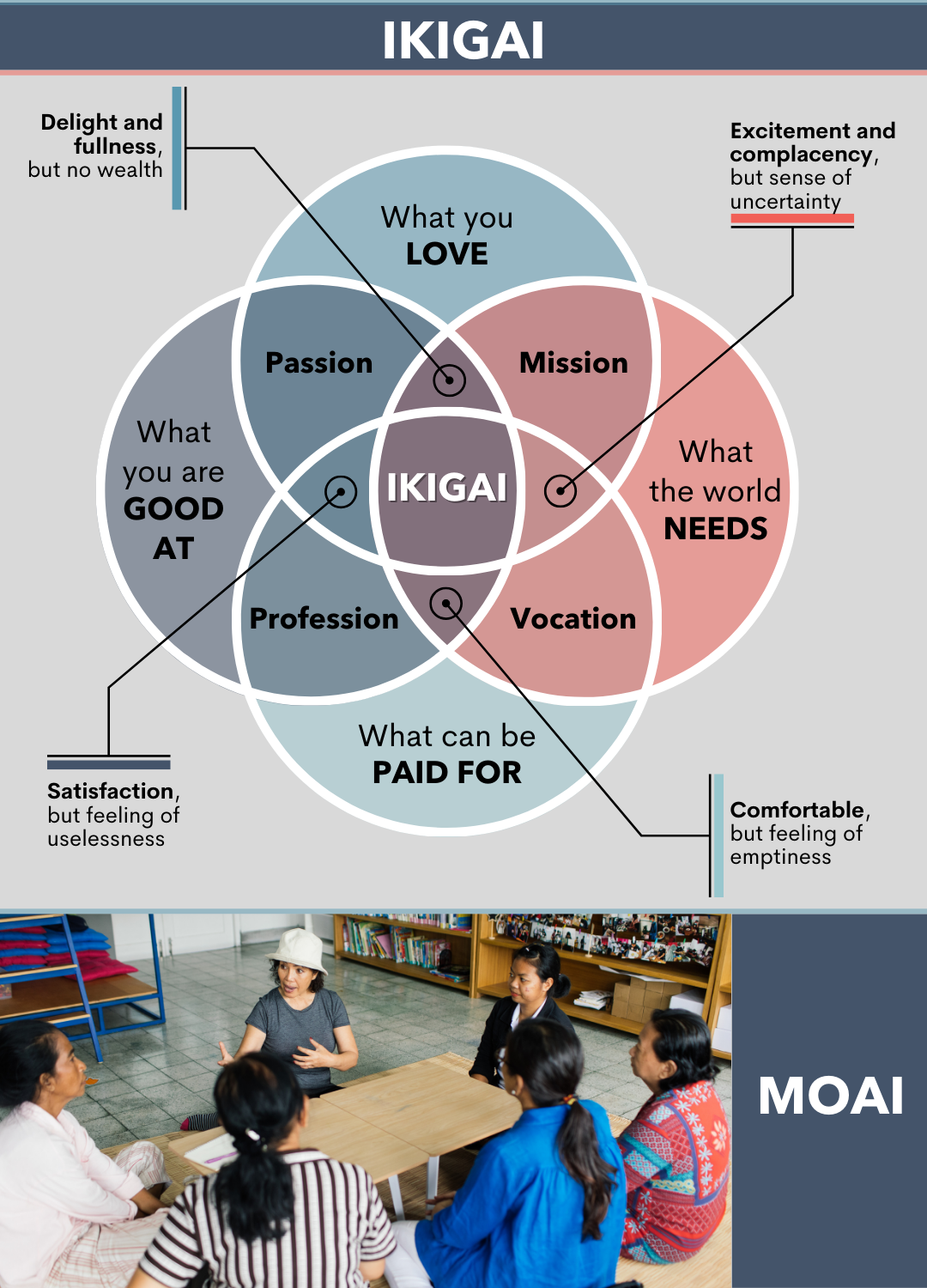The Quality of Your Questions
The best mentor-mentee relationships thrive on curiosity and powerful questions. Mentors should resist the urge to “fix” problems and avoid prescribing specific actions. Mentees should focus less on being who they think their mentor wants and more on approaching interactions with a willingness to learn, grow, and discover how to think.
I am always seeking great questions to facilitate these interactions. Recently, I discovered three excellent questions while listening to the audiobook Clear Thinking* by Shane Parrish. Parrish suggests that when seeking advice, your goal should be to understand how the other person thinks, not just what they think. Although his book is not specifically about mentoring, the questions he proposes can be highly beneficial for both mentees and mentors.
Questions Mentees can ask their Mentors
Mentees might ask….
1. What variables would you consider if you were in my shoes?
How do these variables relate to one another?
2. What do you know about this problem that I don’t?
What can you see based on your experience that someone without it cannot?
What do you know that most people don’t?
3. What would your process be for making this decision if you were in my shoes?
Questions Mentors can ask their Mentees
These questions are also valuable for mentors. Instead of offering solutions or suggestions, mentors can prompt their mentees to reflect by asking:
1. What variables in this decision are important to you?
Who else or what else does this decision impact?
2. What are you most worried about in making this decision?
What possibility excites you the most?
3. What have you tried so far?
What do you think is the best process for this decision?
These questions encourage reflection and empower mentees to solve both the current problem they are facing and future problems. They also enable mentees to develop authentic solutions that fit their unique needs, values, and learning styles.
What questions have you used to encourage clear thinking in your mentoring relationships?
*Clear Thinking by Shane Parrish: (Farnam Street, 2023, ISBN: 0593086112)




